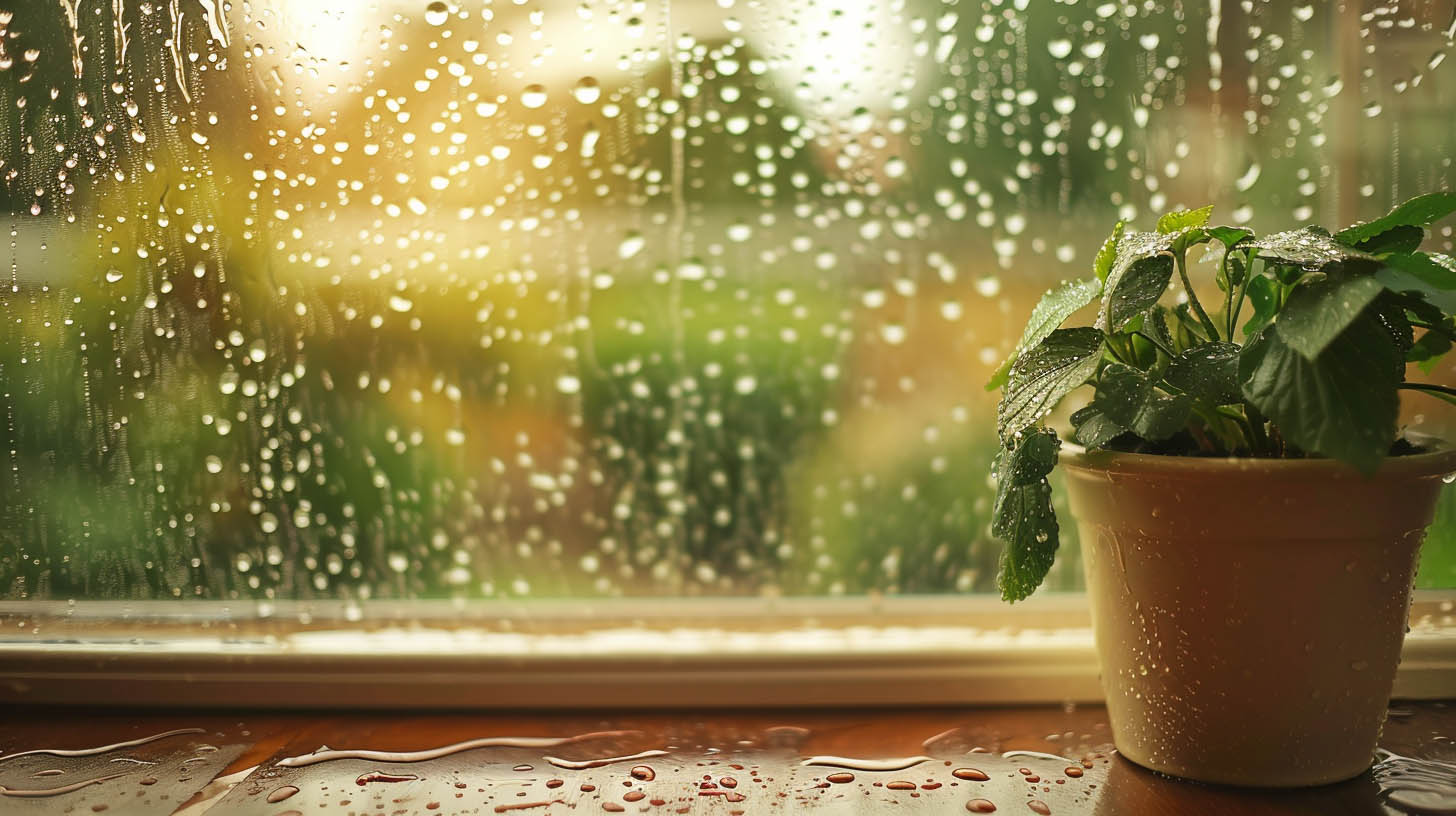Living in a humid climate can present numerous challenges for homeowners. Excess moisture can infiltrate various parts of your home, leading to significant damage over time. At Champion Restoration and Construction, we understand the importance of keeping your home dry and protected from the adverse effects of humidity.
Causes of High Humidity
External Factors
Humidity levels are primarily influenced by external factors such as weather and climate. Regions with frequent rain and high humidity, like the East Coast, are particularly susceptible. When your home lacks proper ventilation or has leaks and cracks, it becomes difficult to manage indoor humidity levels.
Everyday Activities
Daily activities such as cooking, showering, and cleaning can also increase indoor humidity. Without adequate measures to control this moisture, your home can suffer from various issues.
Impact of Humidity on Your Home
Fabrics, Furniture, and Carpets
Fabrics, carpets, and upholstery can trap moisture, leading to mold growth. This not only damages your belongings but can also cause health problems such as allergies.
Metal Goods
High humidity promotes oxidation, causing metal items in your home to corrode. This can affect everything from your bicycle stored in the basement to metal fixtures and appliances.
Electronics
Excess moisture can wreak havoc on electronics, leading to short circuits and potentially dangerous conditions. Humidity can also cause electronics to malfunction, resulting in frustration and additional costs.
Floors and Walls
The structural integrity of your home is at risk when humidity levels are high. Persistent moisture can cause water stains, mold growth, and even structural damage to floors and walls.
Roof
Your roof is particularly vulnerable to the effects of humidity. It serves as the first line of defense against rain and snow, which contribute to rising humidity levels. Small cracks or leaks can lead to significant damage, including mold growth and structural issues. Humidity can also attract insects, which can further damage the roof and other parts of your home.
Combatting Humidity in Your Home
Proper Ventilation
Ensure your home has adequate ventilation to manage humidity levels. This includes using exhaust fans in kitchens and bathrooms and ensuring your HVAC system is functioning correctly.
Regular Inspections
Conduct regular inspections of your roof, walls, and other vulnerable areas to identify and address any signs of moisture damage early.
Dehumidifiers
Using dehumidifiers can help control indoor humidity levels, especially in areas like basements and crawl spaces where moisture tends to accumulate.
Quality Roofing and Siding
Investing in high-quality roofing and siding materials can provide better protection against humidity. Asphalt shingles, for example, have a lifespan of 20 to 50 years, depending on the climate. Ensuring proper installation by experienced contractors is crucial.
Conclusion
High humidity can cause extensive damage to various parts of your home, from structural components to personal belongings. By taking proactive measures to control moisture levels and investing in quality materials and professional services, you can protect your home from the adverse effects of humidity. Trust Champion Restoration and Construction for expert solutions to keep your home safe and dry.
For more information on The Benefits of Replacing Your Windows and Siding, click here.

